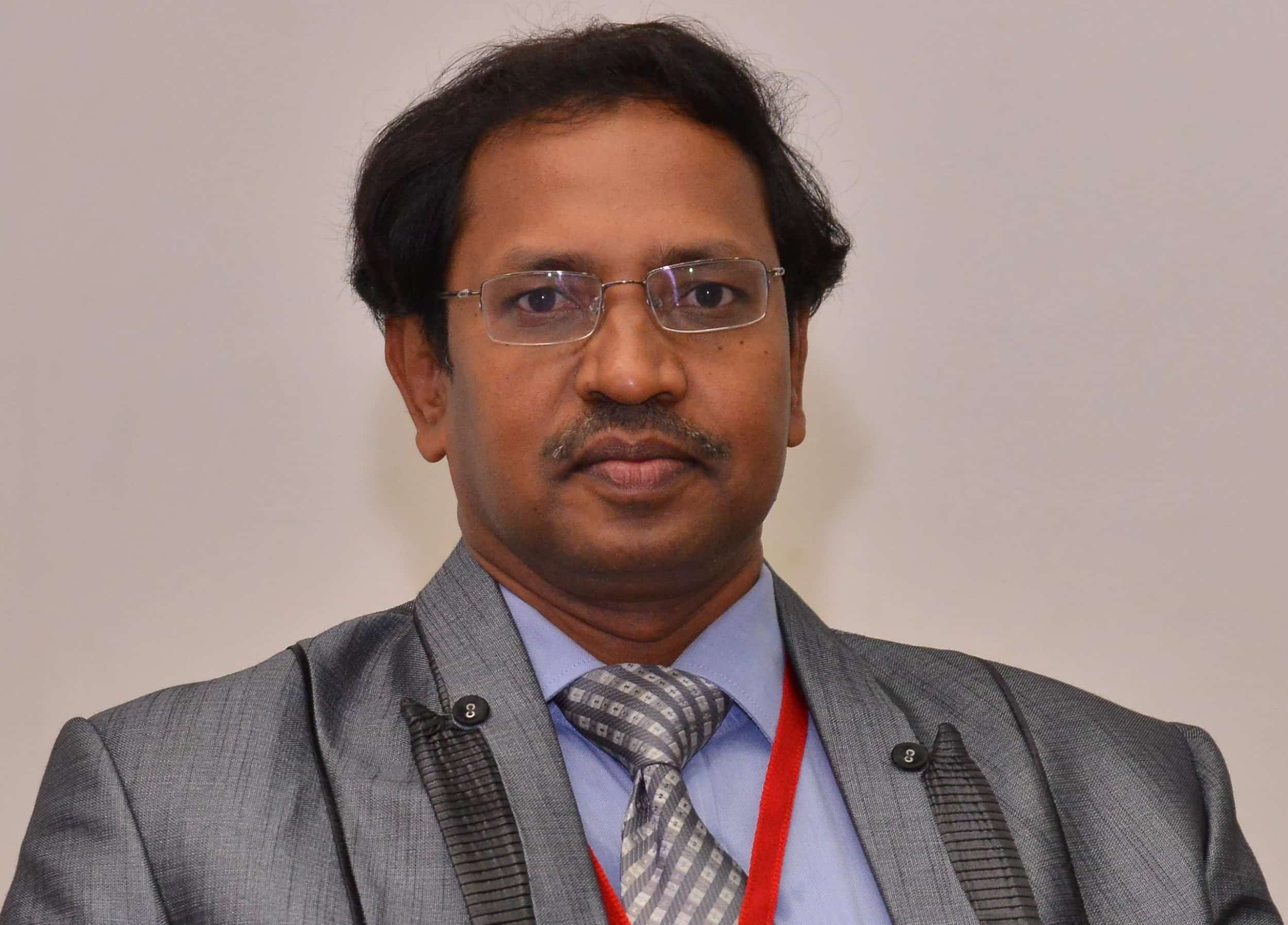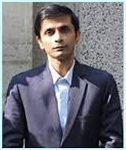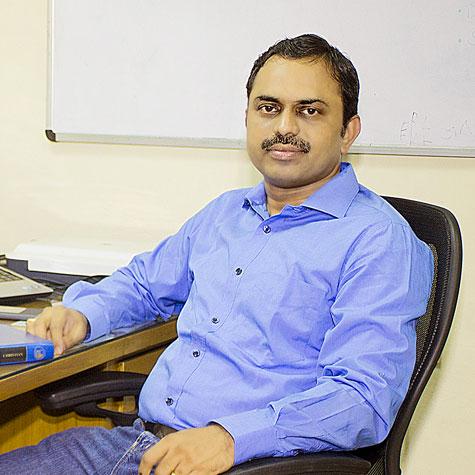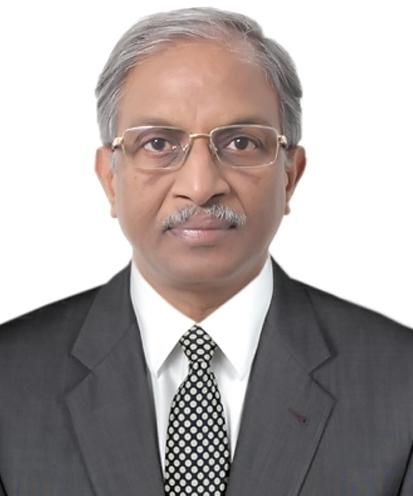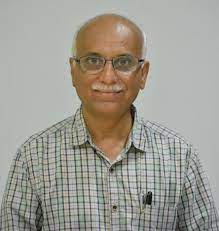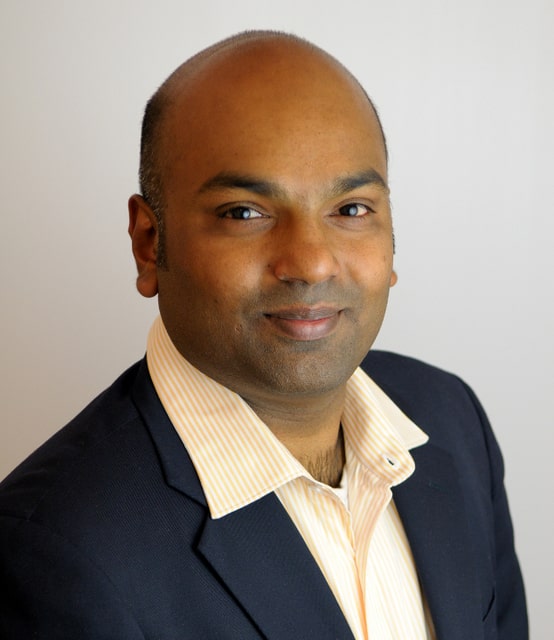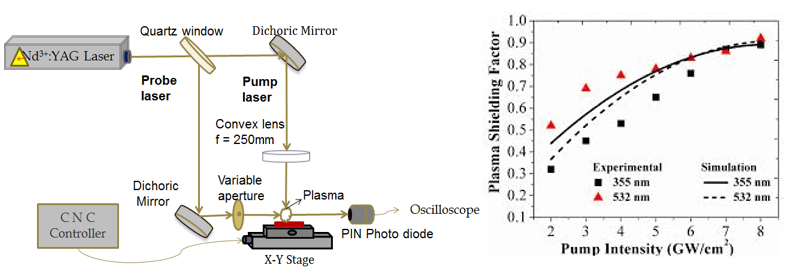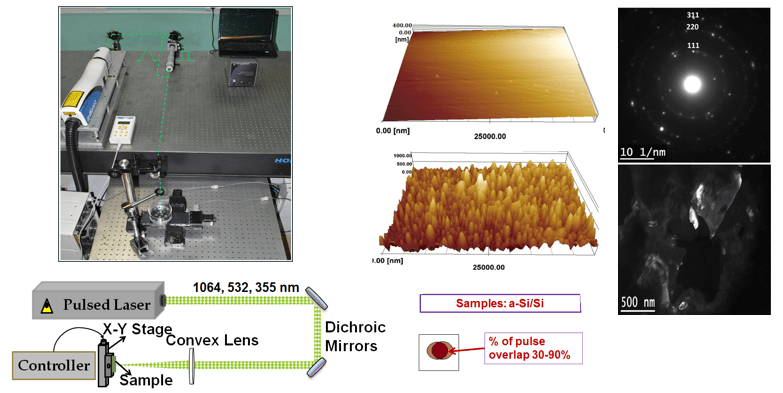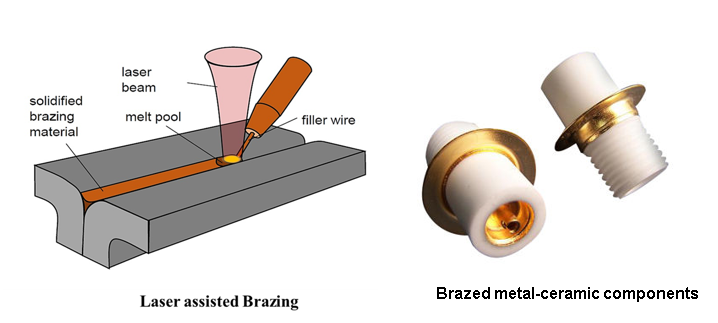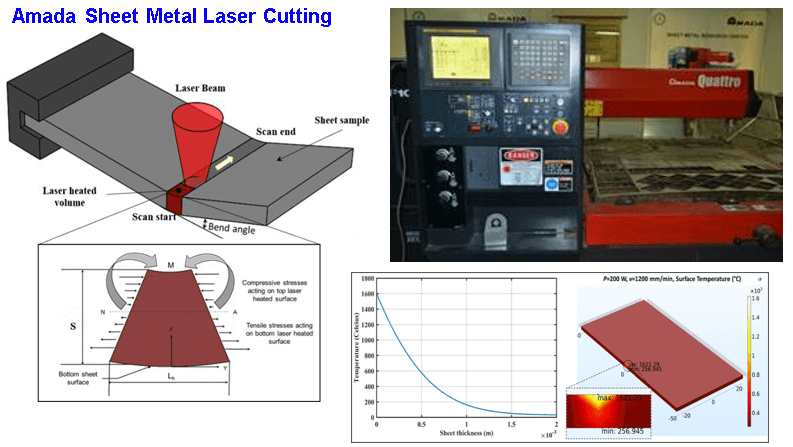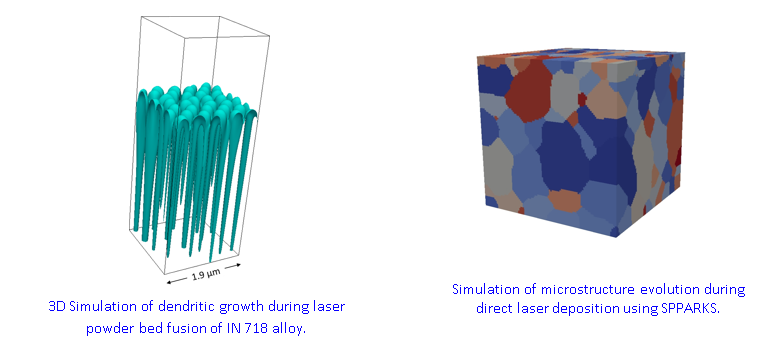Project
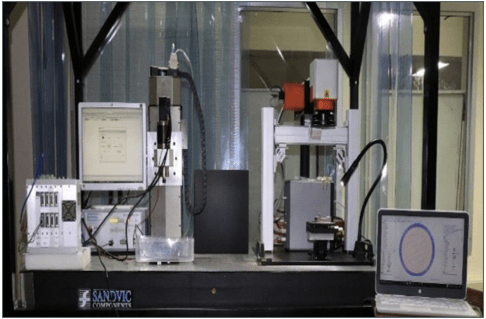
Ultrafast Femto Second Laser facility
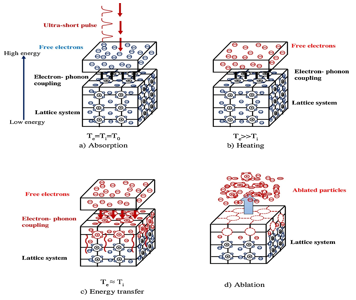
Ultra-short pulse laser matter interaction mechanism.(Te- Electron temperature, Ti- Lattice temperature, T0-ambiant temperature)
Laser Dressing System
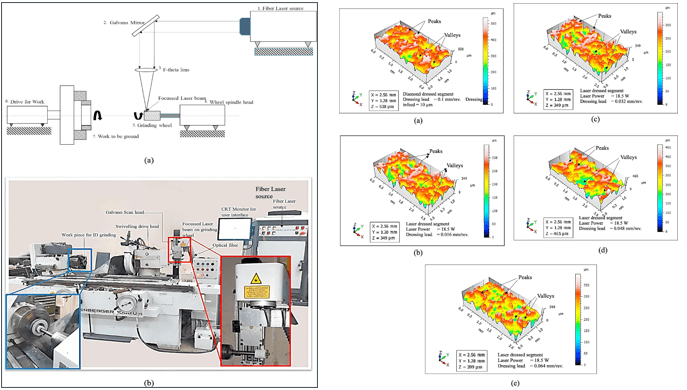
Laser-material interaction: plasma diagnostics
Plasma shielding phenomenon and its influence on micromachining- experimental and theoretical studies
Laser-Assisted Micro-Scribing, Texturing
simultaneous annealing and texturing of a-Si thin films in different media for solar cells
Laser assisted scribing of metal thin films deposited on flexible substrates
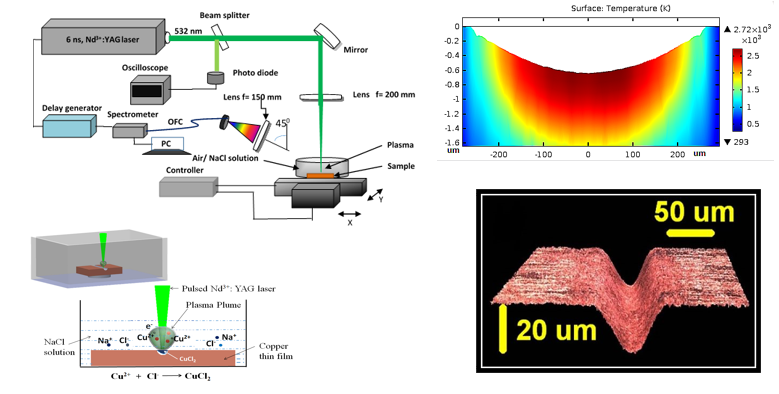
Laser surface texturing of piston ring and its influence on Tribological characteristics
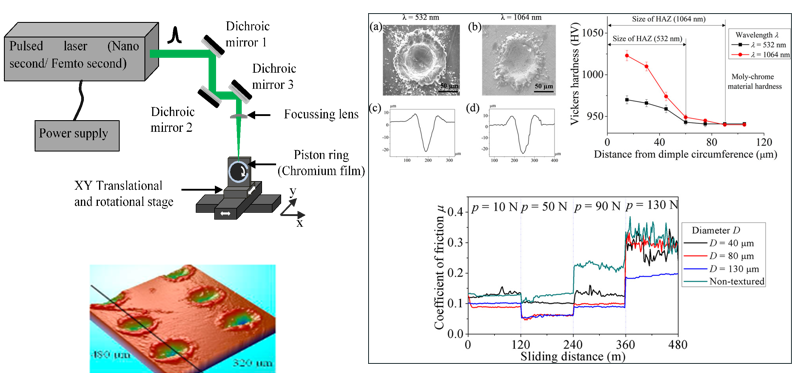
Texturing of metallic surfaces for altering the wettability characteristics
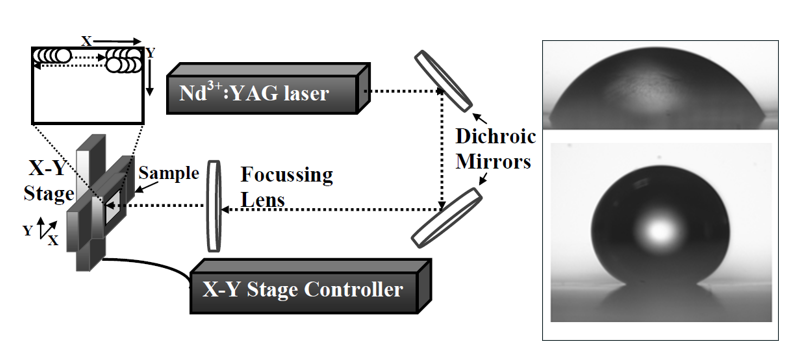
Laser additive manufacturing
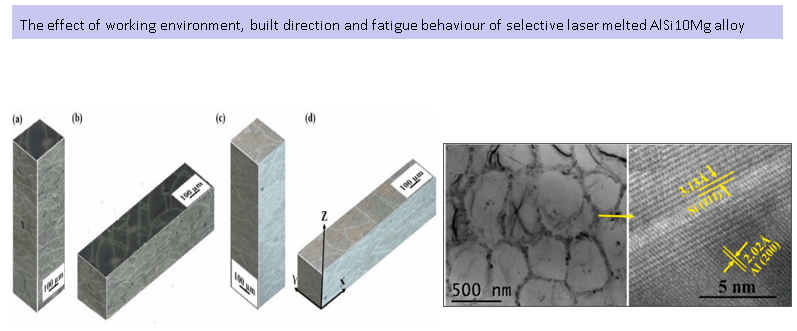
Pulsed Laser Deposition and Laser-Assisted Annealing - Doping
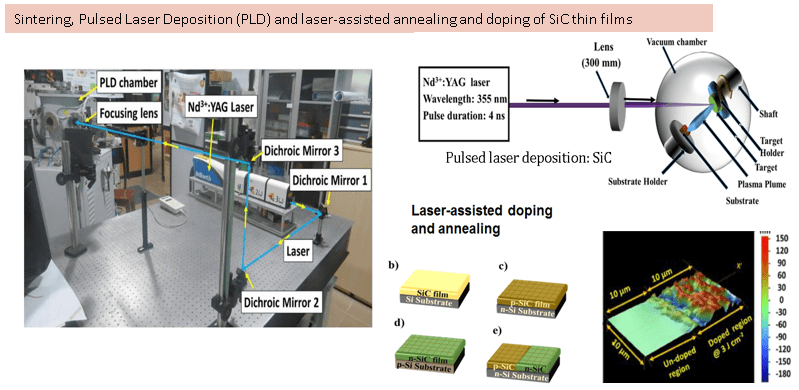
Diamond Brazing
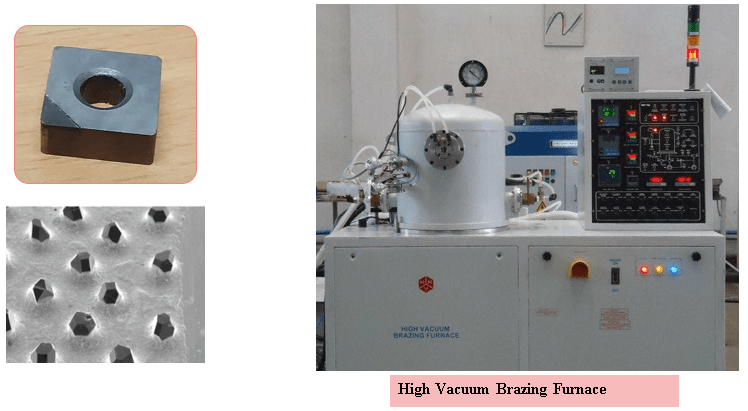
The CoE- Advanced Laser Manufacturing (CALM) will be undertaking many ground-breaking research in the field of advanced laser applications for the manufacturing sectors, which will be beneficial for the small- and large-scale industries both at national and international level. Various activities of the CoE are mentioned below.
Ultrafast laser multi-beam shaping: Enhancing material removal rate of ultrashort laser micromachining for achieving higher material removal rate while processing super alloys. This is of higher importance as high aspect ratio micro holes are applied on the turbine blades for improving the cooling efficiency.
Laser shock peening: Fatigue strength is one of the major factor affecting the parts performance and life. Laser shock peening using ultrashort pulse laser can be applied even to micro components for enhancing fatigue life. Apart from fatigue strength improvement, laser peening on a bigger area of gas generator turbine disc will improve productivity at a short time scale.
Laser brazing: Scaling factor’ forms the major challenge in creating such components leading to tolerance constraints in the fabrication process. Laser brazing can be applied to join the bulk base material with micro components having intricate geometries, finding applications such as micro brazing of diamond tools, electronic components such as batteries.
Pulsed laser deposition: Controlled deposition of thin films of metal on glass for enhancing the strength. This finds applications in high purity coatings on free form surfaces such as complex cutting tools and electrodes in Lab on Chip devices.
Free form 3D printing of high temperature aerospace materials: Laser-assisted printing technology will yield in crack-free 3D printed products. Preheating of powders will improve the surface property, which eventually results in qualitative micro products. Next-generation superalloys such as Niobium silicon zirconium can replace all the existing super alloys favouring in developing qualitative micro 3D printed parts, which finds wider applications in defence, aerospace and spacecraft industries.
Pulsed laser synthesis of next generation nano materials: Liquid phase pulsed laser ablation process can be used for creating novel material in particulate form and thereby enhancing the synthesis of crystalline nanoparticles. These novel nanoparticles find applications in the area of laser brazing, ink-jet printing, nanomedicine and nano-coatings.
Modeling of laser physics at femtosecond regime: Understanding and exploring the fundamental physics of laser-matter interaction and geometry of laser-ablated features under single and multi pulses at different fluencies
Nano-manufacturing: Enables 3D feature fabrication having a size comparable that of a living cell irrespective of the target material. In ultrashort pulse laser machining, the peak intensity is of higher significance than that of total energy for controlled surface modifications. Controlled ablation, wavefront tilt and polarization can lead to the formation of nano ripples, self-organized quasi-periodic structures.
3D Figuring: Nanoscale machining using Focused Ion Beam machining can be employed for atomic-level material removal, favours in figuring of intricate nano features, microlenses, correcting optical aberrations.
Nano Texturing: Versatility in 3D inscription, surface modification at nanoscale favours in generating tunable surfaces. The developed hydrophobic and hydrophilic surfaces for the applications of micro tools and bio-implants. Nano textured bio-implants will provide better osteointegration with faster tissue growth.
In-situ metrology and characterisation for micro/nano fabrication: Real-time micro/nano feature characterisation will have a direct impact on the part performance and product life. Micro CMM, acoustic emission, universal tribometer and micro-nano surface measurement techniques with high-speed imaging techniques favour in real-time measurements of aspheric surfaces, plasma bubble characterization and phase analysis of nanoparticles.
Expected deliverables of the research
Achieving higher material removal rate during ultra short laser micromachining for high aspect ratio machining applications such as cooling channels on turbine blades and polymer nanostructuring.
Improving fatigue strength of thin micro components with intricate geometries and also for macro components over a large area
Joining of dissimilar metals is a challenge as there is a difference in melting point, physical properties and formation of brittle intermetallic compounds. This will be addressed by the laser brazing technique.
Joining of thin micro parts having intricate feature geometry with bulk material at fast rate with minimal energy usage.
High purity nanocoatings on free form surfaces such as complex cutting tools and electrodes using in Lab-on-Chip devices.
Enhancing the surface integrity of 3D printed free form aerospace components by minimizing the crack formation
Synthesis of higher quality next generation nanoparticles for applications including laser brazing, ink-jet printing, nano-medicine and nano-coatings
Exploring the fundamental physics of laser matter interaction at single and multi pulse laser ablation at femtosecond scale for better yield.
Nanoscale functionalization majorly for 3D figuring of optical lenses and biomedical applications such as cardiovascular stents and hollow microneedles.
Real-time In-situ measurements along with dynamic nano scale characterization of aspheric surfaces and nano particles.
Current status
Phase 1 Milestones Proposed Methodology Current Status Micro and Nano Fabrication of high aspect ratio features with high MRR Ultrafast laser multi-beam shaping by fabricating cooling channels in gas turbine blades made of titanium alloy and also developing micro heat sinks for MEMS components On going Improving the fatigue life of micro and macro components. Laser shock peening of large surfaces in aerospace components such as Gas generator turbine disc and also on 3D printed free form micro metal parts. Infrastructural development(Fiber Laser with Welding/Brazing and Additive manufacturing System) Precision joining of micro components of dissimilar metals and thin layers to the bulk assembly Laser brazing to join thin layers to bulk assemblies, batteries Infrastructural development(Fiber Laser with Welding/Brazing and Additive manufacturing System) High purity coatings on free form surfaces Pulsed Laser Deposition of thin films of metal on glass Complex tools and electrodes used in Lab-on-Chip devices Preliminary works completed Developing 3D printed micro parts by next generation super alloy Niobium silicon zirconium, Laser assisted pre heating of alloying powders for developing free form 3D Printing of high temperature aerospace materials Infrastructural development(Fiber Laser with Welding/Brazing and Additive manufacturing System) Development of novel material in particulate form Liquid phase pulsed laser ablation process for the synthesis of next generation nano-materials which can be employed on laser brazing, ink-jet printing, nano-medicine and nano-coatings Preliminary works completed Modeling ultra-short pulse laser matter interaction Extending two temperature model for single and multi pulse laser ablation which will be helpful in quality fabrication of high aspect micro ratio features on difficult to machine materials On going
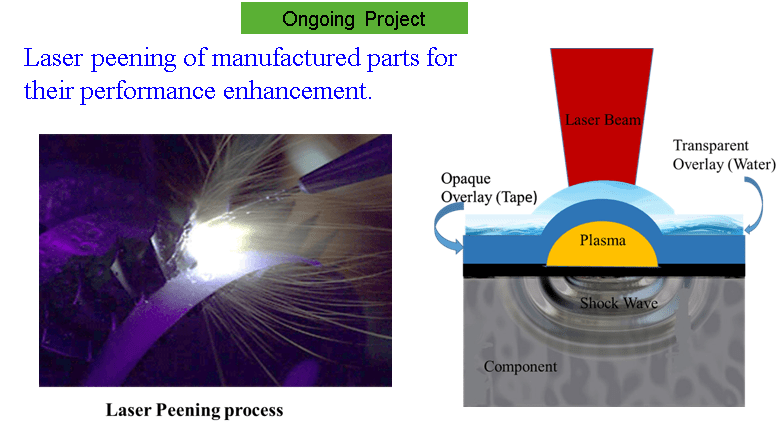
Laser assisted brazing of micro and macro parts: metal-ceramic, ceramic-ceramic
Computational Modelling of Laser Welding of Cu-Ni Dissimilar Couple
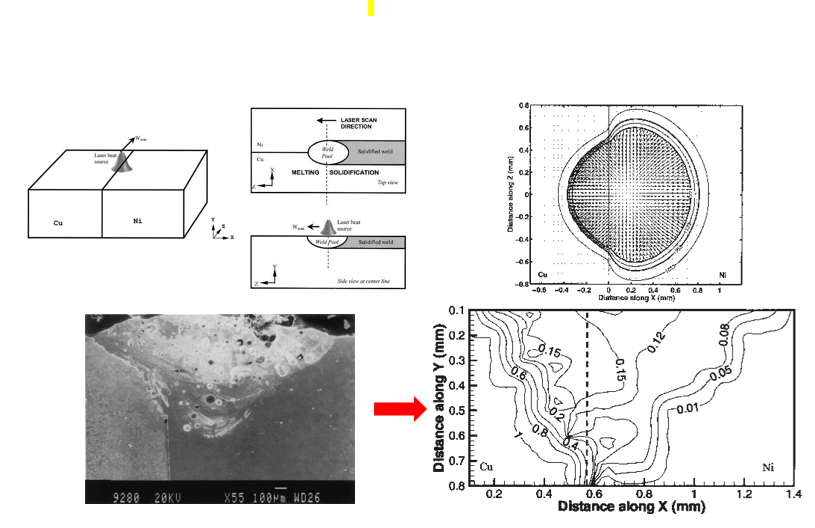
Simulation Related To Laser Processing
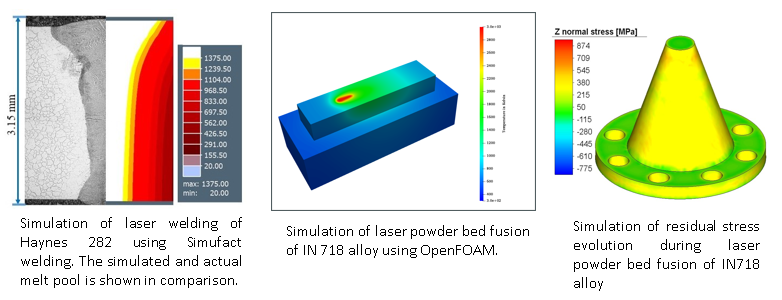
Simulation Related To Laser Processing
Collaborations
International Collaborations
| Faculty | University | Area |
|---|---|---|
| Prof.Srinivasan Chandrasekar | School of industrial engineering Purdue University USA | Nanostructured Materials, Microsystem |
| Prof.Narendra Dahotre | University of North Texas | Laser aided Additive and Subtractive Manufacturing |
| Radovan Kovačević | Southern Methodist University, Dallas | Material processing using high power laser Sensing and control of manufacturing processes, Additive manufacturing, |
| Prof.Lingxue Kong | Deakin University, Australia | Microfluidic device fabrication |
| Prof.Dongbin Wei | University of Technology Sydney, Australia | Micromachining |
| Prof.Satish Bukkapatnam | Texas A & M University, USA | Ultraprecission manufacturing |
| Prof. Kamlakar Rajurkar | University of Nebraska Lincoln, USA | Micro/nano scale machining |
Efforts will be made to undertake projects for the bilateral and mutual benefits of the learners, researchers, scholars, fellows, skill sector professionals, leaders of higher education and further education institutions in India and abroad
- UK- India Education and Research Institute (UKIERI)
- Indo- US Science and Technology Forum (IUSSTF)
International education programs, conferences/seminar/webinar
International webinar
- Webinar series on Advanced Laser Manufacturing and Applications (Will be updated soon)
Proposed Education program spanning 3 semesters
- Processing of nano-materials
- Synthesis of particles
- Molecular Dynamic Modelling of the process
- Laser Welding and Brazing
- Applications in the field of material science, nano manufacturing, nanomedicine and aerospace
- Hands-on training for equipment handling.
- Data analytics
Internship Program spanning one semester
- Relevant industrial exposure
Industrial Collaborations
ARCI Hyderabad
- Dr. Ravi Bathe, Scientist F
GTRE
- Dr. Parthiban K, Scientist H
DMRL
- Dr. K. Gopi Nath, Scientist K
ADA
- Mr. V Krishna Prasad, Group Director, Mechanical System
HAL
- Mr. Thangaraj, Chief Manager (Design), AERDC
Societal impact
The CoE considers the manpower development and collaborations in the field of manufacturing, it engages effectively with the society. The proposed CoE includes resources and applications from various fields of science and engineering attracting the scientific community. The CoE also deals with the applications resulting in community development as it considers biomedical and environment related applications. Furthermore Laser based micro and nano-manufacturing techniques are a part of green manufacturing, hence have a potential to attract corporate funding.
Short term (<2yrs)
- Gender equality will be maintained in the human resources.
- Development of stents for cardiovascular activities
- Increasing the knowledge base by the workshops
Medium term (2-5yrs)
- Development of transdermal needles for ophthalmology surgeries
- Development of nanoparticles used in the reduction in air and water pollution
- Increasing employability through the master degree problems
- Technology development for energy conservation devices
Long term (>5yrs)
- Promotion of MSMEs to take up activities in rural areas
- Envisage activities that attract, support and retain a community of high achieving staff and students
- Foundation of an agile, responsive and efficient university operation
- Diversifying and managing our resources to establish a sustainable financial base
- Globalizing by transforming our student experience through a flexible, integrated and partnered learning environment
- A Co-operative research for enhancing the quality to achieve a more significant impact
- Building engaged and strategic partnership with a broad range of local and global networks
- Delivering globally prominent solutions to challenges
- Collaborative partnerships to connect and co-create
- Transform students to address issues with a worldwide perspective
Sustenance statement
We believe that sustainability is of core value when it comes to the development of a facility. The Centre of Excellence considers the need of the hour as well as focuses on the futuristic developments in the field of Laser Applications and Nano-manufacturing, both research and industrial aspects will be ensured. This Centre of Excellence proposes equipment and expertise which are novel and have a vast potential for exploration, hence will make an impact on the working community. The scope of CoE covers a wide area of applications in the field of manufacturing, measurement in the applications of physics, automotive engineering, aerospace engineering, metallurgy, electrical engineering, environmental engineering and biomedical engineering, thus ensures sustainability in its vision. The vast scope of this proposed CoE envisages the inflow of funds for maintenance and operation of the equipment. The principal collaborators in the inception of this CoE are from varied fields and have expertise in their fields. Their experience and vast knowledge in the area will also ensure further collaborations with academicians and industries, resulting in a community with state of the art facility and competence. Thus, the industrial and academic partnerships are observed to be the mechanism for advancing the research envelope and are the critical resources for attracting the funds.
Additional support to keep advancing the research umbrella
- Procurement of additional funds from Research funding agencies such as GTMAP, SERB, CSIR, DBT, etc.
- Looking for ventures for revenue generation by development of world class equipped labs, encouraging consultancy projects.
- CoE - Industry Partnership Unit (CoE-IPU)
- Industry sponsored master courses so that the sectors collaborate with the CoE and provide funds for maintenance of equipment, thereby getting the human resource.
- Technology transfer to the industries and system training.
- Entrepreneurship and Innovative Incubation Unit (EIIU)
- Supporting incubations related to Laser technology.
- Attracting investors for funding of startup ventures.
Reference
- The Way to Perfection(IITM Tech Talks) link
- Ultrashort Pulsed Laser Micromachining(The Guru Talks) link
Technical/ Scientific Progress
New work done in the project
- Laser micro-machining of polymethylmethacrylate (PMMA) microchannels for bio-medical applications
- Synthesis of Ti alloy (Ti6Al4V grade 5) nano-particles
- Machining of micro holes and dimples in P20 die steels material for deterministic lateral displacement (DLD) masters using femtosecond laser
Infrastructure developments
- Procurement of two laser systems for materials processing namely 2kW Continuous fibre laser equipped with welding/ brazing, additive manufacturing (ready for installation)
- Purchase of nanosecond pulsed laser for surface modification (awaiting purchase order from ICSR)
- Renovation of MSB 348 and MSB 338 for CoE related activities
- Procurement of high computational work station (Dell optiplex) for simulations
Output
- Webinar 1 conducted on 24.08.2021. Speakers: Prof. G.L. Samuel and Prof N.Ramesh Babu moderated by Prof. Satish Bukkapatnam, Professor, Industrial & Systems Engineering Rockwell International Professor from Texas A&M, USA.
- Webinar 2 conducted on 26.10.2021, Speakers: Prof. G. Phani Kumar, Prof. N.J. Vasa. moderated by Prof. Koichi Sasaki, Professor, Graduate School of Engg Division of Quantum Science and Engg. from Hokkaido University, Japan.
- One conference paper titled ‘Ultrashort Pulsed Laser induced micro/nano scale surface structures on Inconel 718’ presented at MATADOR 2021, University of Manchester, UK by Munaswamy Murugesh and Samuel G.L. and the same has been selected for the publication
- Three Conference paper under review for the conference on laser ablation (COLA2022)
- Proposed workshop on laser micromachining under AICTE sponsored STC program, to be held in the month of July 2022
Mobility
Visits planned for PI, co-PIs, international collaborators and students (both inbound and outbound)
Prof.G.L Samuel (PI)is planning to attend International Conference on Laser Ablation (COLA 2022) in Japan, to be held in 24-29 April 2022. COLA is internationally renowned conference specific to the areas of laser material processing and physics of laser material interaction. After that Prof. Samuel will be visiting Hokkaido University for two weeks and will interact with Prof. Koichi Sasaki, who is one of the collaborators of our pCoE.
Relationship
Industrial Engagement
- ARCA Hyderabad
- ADA Bangalore
- HAL Bangalore
- Heavy vehicles factory Avadi
- MTAB engineers Pvt Ltd
University Engagement
- Research Center for Advanced Manufacturing and Center for Laser-aided Manufacturing Department of Mechanical Engineering SMU, Lyle , USA
- College of Engineering University of North Texas, USA
- University of Nebraska- Lincoln, USA
- Division of Quantum Science and Engineering Hokkaido University, Japan
- TEES Institute of Manufacturing Systems Texas A&M, TX, USA
- School of Mechanical & Mechatronic Engineering University of Technology, Sydney, Australia
- Institute for Frontier Materials, Deakin University, Geelong, Australia
Updates
Relevant Updates
- Proposed for additional support from IIT Madras Alumni fund for the procurement of additional equipment for performing research work under CoE
- Third IoE CoE webinar series has been scheduled on 27th Jan 2022 with Speaker Prof. Amitava Ghosh, Department of Mechanical Engineering and Prof. Sivarama Krishnan, Department of Physics, IIT Madras

